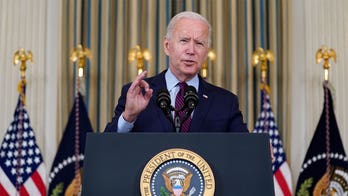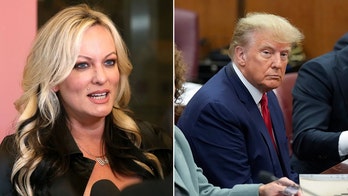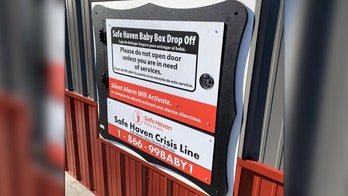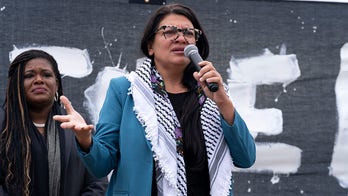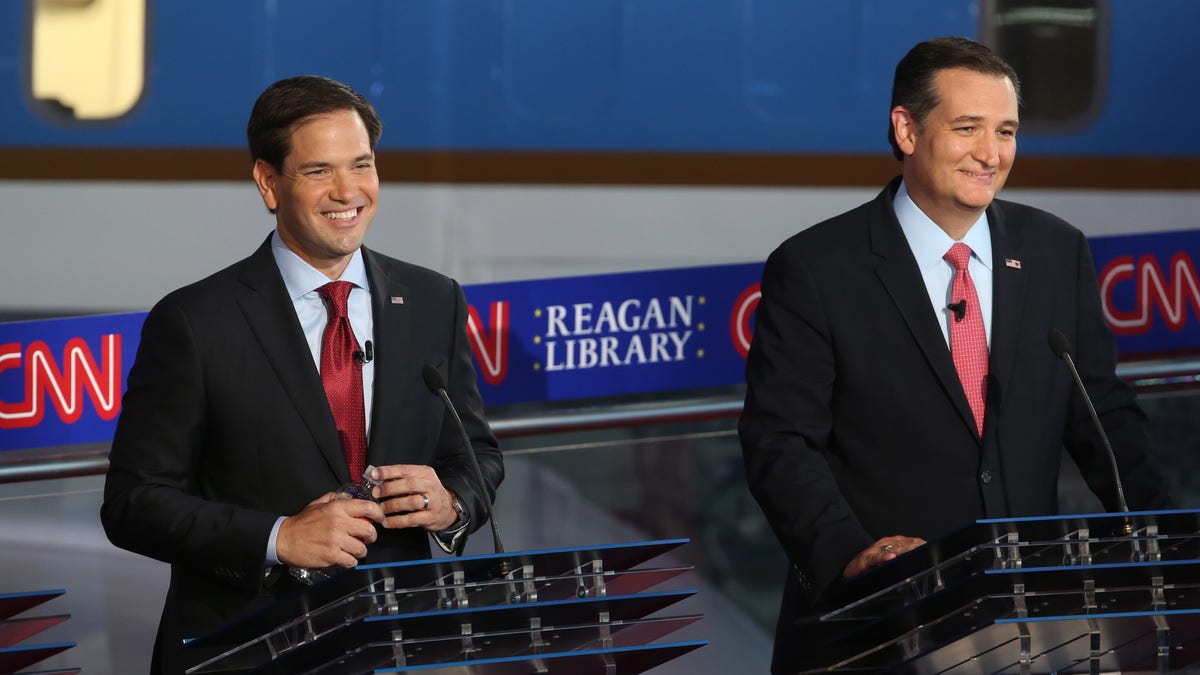
SIMI VALLEY, CA - SEPTEMBER 16: Republican presidential candidate Marco Rubio and Ted Cruz take part in the presidential debates at the Reagan Library on September 16, 2015 in Simi Valley, California. Fifteen Republican presidential candidates are participating in the second set of Republican presidential debates. (Photo by Justin Sullivan/Getty Images) (2015 Getty Images)
Los Angeles – What’s in a name?
For millions of Latino voters in states such as California, Nevada, Texas and Florida, not much.
The Latino universe is vast, they say, and it’s a mistake to think presidential hopefuls Marco Rubio and Ted Cruz own a bigger piece of their heart just because they are Hispanic.
Besides, Rubio and Cruz are not even Mexican like most of them, but American Dream products from Cuba whose compatriots benefit from immigration privileges unknown to them.
Mexicans are 64 percent of the nation’s Latinos.
Even in his own home state of Texas, Latino support is hardly something Cruz can take for granted in a competitive race.
“Who knows how Ted Cruz and Marco Rubio will do in Texas?” said Cal Jillson, a longtime political analyst at Southern Methodist University in Texas. “Both are Hispanic, but they’re Cuban-American, not Mexican-American,” the bulk of the Lone Star state’s Latino population.
“Many Mexicans think Cubans are privileged, that they get breaks they don’t get,” Jillson said.
Nevada is home one of the highest proportions of Latinos in the country, 17 percent, yet Trump still holds a comfortable lead.
In neighboring California, a recent poll conducted among Latino registered voters by the Field Research Corporation shows that only 28 percent currently approve of Rubio and a mere 19 percent favored Cruz. Additionally, and perhaps more interestingly, Cruz’s disapproval rating is 51 percent and Rubio reaches 43 percent.
Down in Florida, Rubio got more than half of the Latino vote in the 2010 race for the Senate, but according to FiveThirtyEight.com he got noticeably more support from Cuban and Puerto Rican voters than he did from precincts where there were more Mexicans.
For his part, Cruz also did rather well in his run for the Senate in areas that had more Latinos, though many experts say the race was basically uncontested.
In Iowa, Latinos who worked on rallying their community to participate in the caucuses earlier this month – regardless of who they’d end up voting for – gave quizzical or indifferent looks when asked about the history-making candidacies of Rubio and Cruz.
In interviews with Fox News Latino the week before the caucus, they spoke of how they felt little connection with Rubio and Cruz because of their conservative views, particularly on immigration and the Affordable Care Act, which many Latinos support.
Alberto Moreno, 54, a retired TV producer from Los Angeles, said his opposition to the Cuban-American candidates, the first Latinos ever to get this close to the White House, has to do with their message, not their ancestry.
“It’s their ideas that I don’t like,” he said. “What is disturbing about them is the things they say about Latinos … I don’t want to break up families; I don’t want to deport people whose only crime is they’re here without papers. And Ted Cruz and Marco Rubio have supported that.”
Adriana Cortes, a human relations specialist from Orange County in California, said she factors in the fact that Rubio and Cruz are Latino, but that in itself is not enough to win her over.
“I would not vote for either of them,” she said. “Not for Cruz, because he is anti-immigrant even though he is an immigrant himself.”
“I wouldn’t vote for Rubio either because, even though he does have some pro-immigrant stances, he is anti-women’s rights when it comes to reproductive health,” she added.
Mark DiCamillo, senior vice president of Field Research Corp, said the Latino-ness of Rubio and Cruz is probably invisible in such an overwhelmingly Democratic state as California.
“If you ask what Hispanic background Cruz has or Rubio has, if you ask that question to California Latinos I’m not certain you’ll get a large proportion knowing what the correct answer is,” he told Fox News Latino.
“This is a Democratic state. Most Californians are. If you had to choose one characteristic that predicts how someone is going to vote is their party,” he said. “There are not that many Republican Latinos,” he added.
According to the Public Policy Institute of California 26 percent of Latino likely voters are Democrat and 8 percent are Republican.
“If Rubio became the nominee, even though his image rating is a little bit better than Trump or Cruz, it’s still more negative than positive,” DiCamilo said, “and most of the negativity relates to his party affiliation,” he added.
Andres Ramirez, a Democratic strategist in Nevada, told the Washington Post that Cubans and Mexicans do get along – though they are starkly different ideologically and culturally.
Latinos, he said, will vote for a candidate “just because they’re a Latino, just like some people will vote for a woman because she is woman — but that is not the majority,” he said. “Surnames can matter, but people vote on policy and platforms.”

